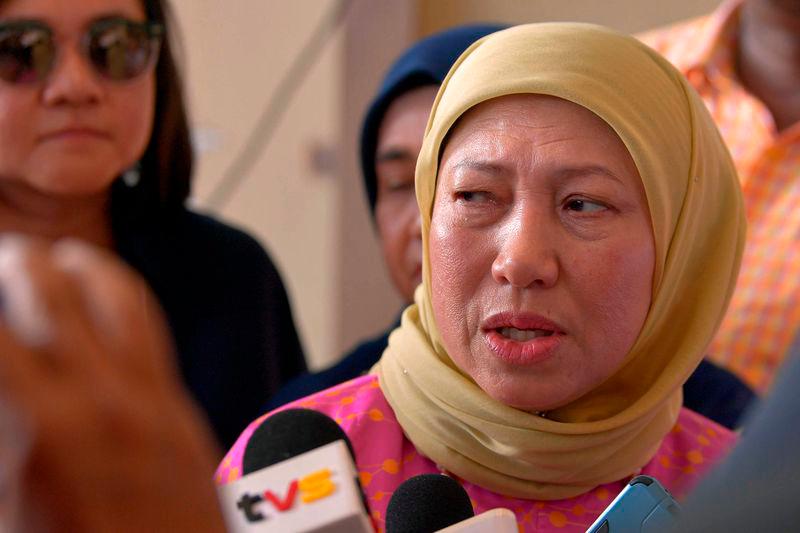PUTRAJAYA: A total of 55 children rescued under Op Global, involving GISB Holdings Sdn Bhd (GISBH), have now been returned to their qualified guardians as of today, said Women, Family and Community Development Minister, Datuk Seri Nancy Shukri.
She said that the matter was implemented based on the law and through a court order.
“We must adhere to the court’s directive. We obtained custody of the children following court procedures, which allowed the children to be placed under the Social Welfare Department (JKM). Subsequently, to release the children, we also need to seek court approval.
“JKM’s role is not to separate children from their parents; rather, our responsibility is to protect and care for the children,” she emphasised, during a press conference after officiating the National Conference on Ageing 2024, today.
Currently, a total of 560 children - 283 boys and 277 girls - are housed in shelters after JKM secured a temporary custody order from the court for two months, under Section 25(2)(a) of the Child Act 2001.
On Oct 20, Nancy reportedly said that no children have been returned to their parents, due to concerns over potential custody battles.
She emphasised the need for caution, noting that there are instances where both the mother and father of a child have filed separate applications, which could lead to additional complications.
Since Op Global Phase 1 began, in early September, a total of 415 individuals, including top management from GISB Holdings Sdn Bhd, have been arrested, and 625 victims aged between two months and 28 years have been rescued by the police.
Meanwhile, earlier in her speech, Nancy highlighted that the ministry has implemented various initiatives aimed at enhancing the well-being of the elderly, families, and communities. These initiatives include financial assistance, institutional care through Rumah Seri Kenangan and Rumah Ehsan, and the establishment of Senior Citizen Activity Centres (PAWE).
“We are also focusing on the care economy, the Senior Citizens Bill, and the new National Policy for the Elderly (DWEN), which reflects a shift towards a five-dimensional approach to ageing: healthy, positive, active, productive, and supportive ageing.”
“Therefore, I invite all parties - public, private, and civil society - to collaborate in creating a conducive environment for sustainable ageing in Malaysia,” she said.
The conference, themed ‘Ageing with Dignity: The Importance of Strengthening Care and Support Systems for Older Persons Worldwide’, was organised by Universiti Putra Malaysia (UPM), through the Malaysian Research Institute on Ageing (MyAgeing).
The programme was also implemented in collaboration with the United Nations Population Fund (UNFPA), to increase research in the field of ageing for the well-being of society.









